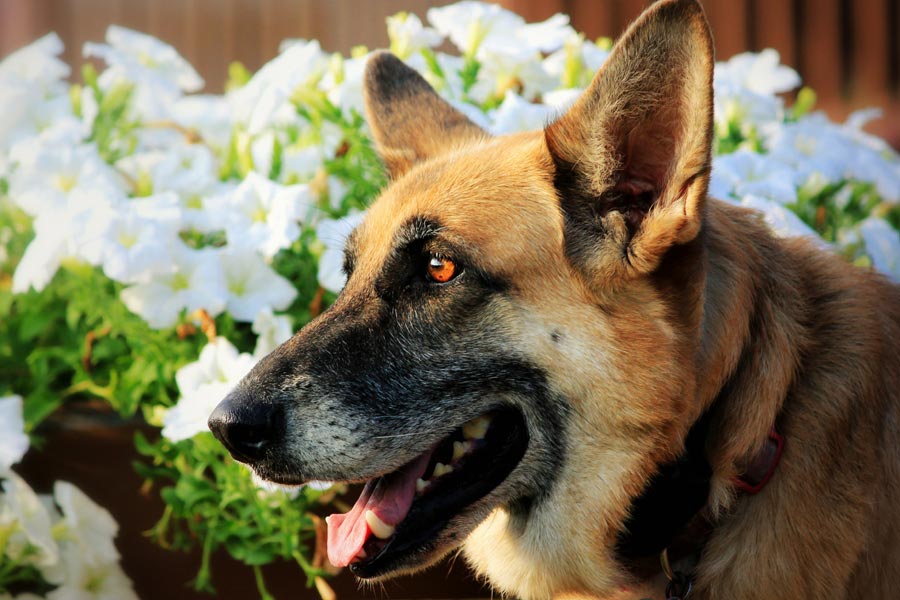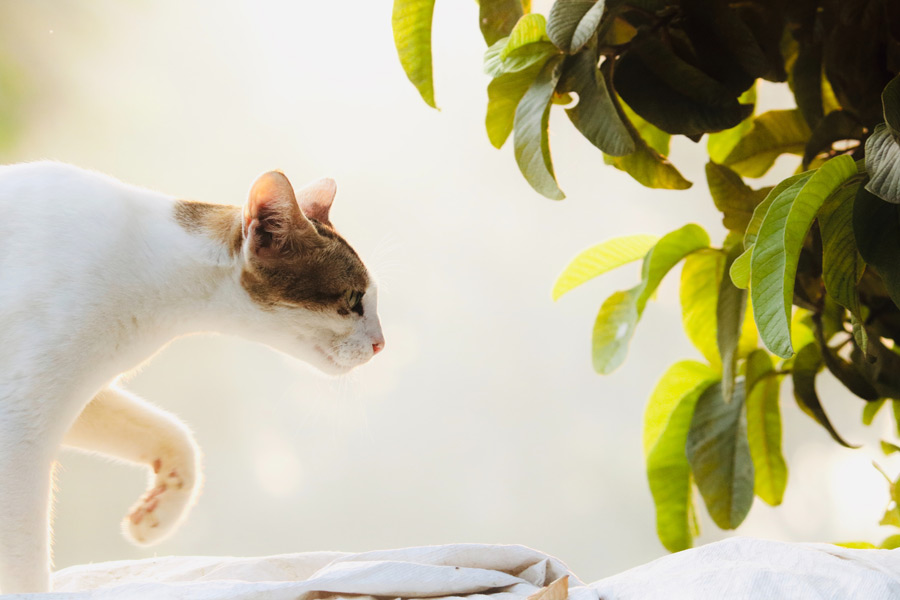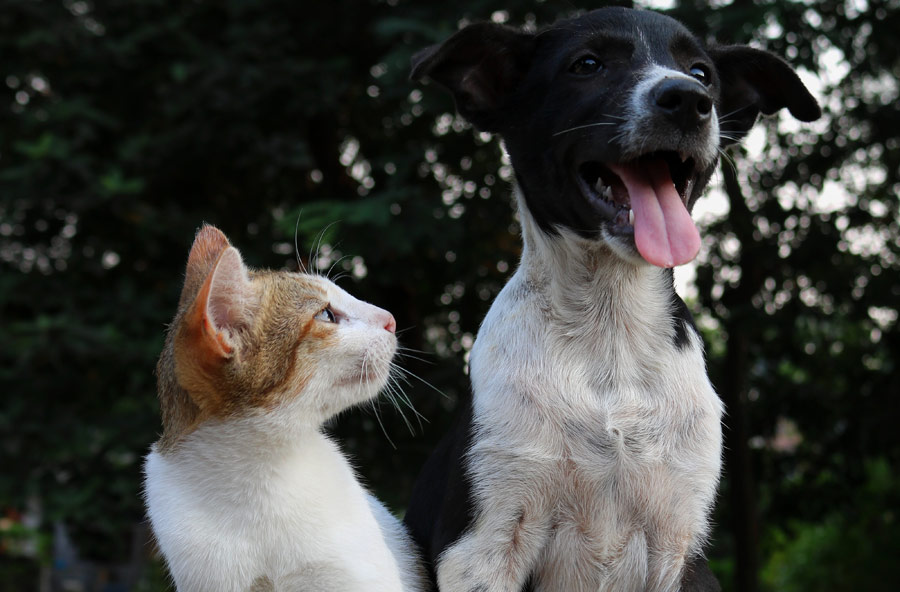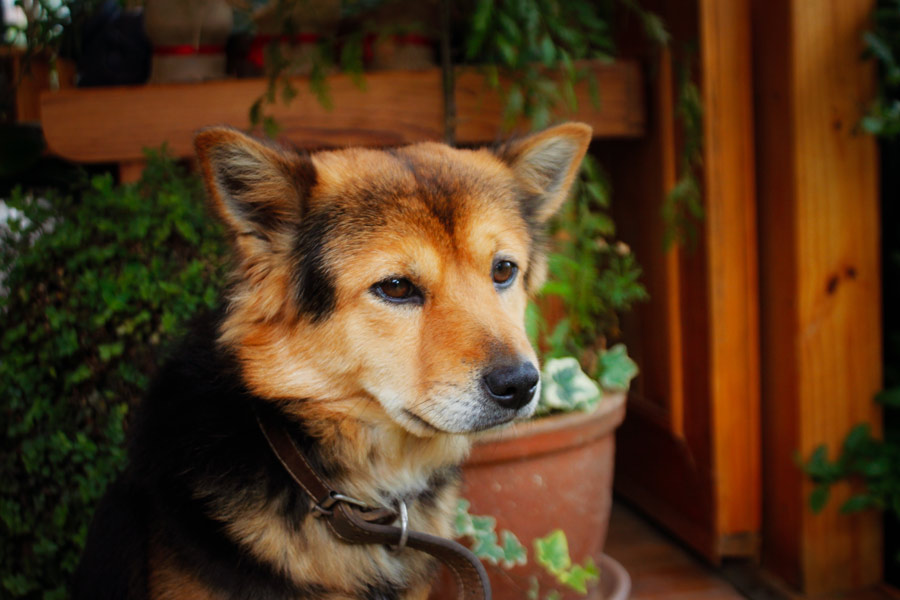There’s a whole host of poisonous plants for pets. From Ivy and Tulips, to Lilies and Azaleas — make sure your clients are aware of which plants are toxic to pets.
Many pet owners may not stop to consider poisonous plants and the effect they might have on their cat or dog’s wellbeing. However, as pet professionals, you can remind owners which plants to avoid in order to take optimum care of their fur baby!
But wait; don’t be fooled into thinking you only need to discuss poisonous plants with your green-fingered clients. Even novice and terrible gardeners need to take note.
Australian Veterinary Association (AVA) director Dr. Paula Parker says: “Cycads or Sago palms have become quite popular. They are hardy, suitable for the less successful gardeners out there, and can seem like a good idea. However, they are extremely toxic to our pets. In fact, all parts of the Cycad plant -including the seeds, roots, and leaves – are toxic to animals.”
Toxic plants can be fatal
Dr Parker recalls an incident involving three dogs from the same family who were poisoned by Cycad plants. “They had moved to a new property and were removing plants from the backyard. In the process, the Cycad plants were disturbed, and the dogs started playing with the roots.
“Their owners brought them into the veterinary clinic later that afternoon when they started to vomit. Even after just a few short hours, we could detect signs of liver damage.
“Cycad toxicity is highly fatal. Thankfully, with intensive treatment, two of the dogs pulled through. Unfortunately, the most mischievous of their clan didn’t make it. Despite all of our efforts, over the next 12 hours his liver went into failure before our eyes.”
Certainly, it’s not about scaring pet owners; but it is important that they understand how fatal poisonous plants can be to their beloved animals.

Image source: Sheri Hooley on Unsplash
Poisonous plants for dogs
Eating a toxic plant can cause a wide range of symptoms including vomiting, lethargy, whining, pain, loss of appetite and changes in bowel movements including diarrhoea and constipation.
According to Cornell University’s Department of Animal Science and the American Society for the Prevention of Cruelty to Animals (ASPCA), the following plants are poisonous for dogs.
- Autumn Crocus
- Aloe Vera
- Arum Lily
- Australian Ivy Palm
- Azaleas
- Black Locust
- Bleeding Heart
- Bird of Paradise
- Buttercups
- Castor Bean
- Cherries (Wild and Cultivated)
- Daffodil
- Daphne
- Dieffenbachia (Dumb Cane)
- Elderberry
- Elephant Ear
- Foxgolve
- Golden Chain
- Hyacinth
- Jack In The Pulpit
- Jasmine
- Jimson Weed (Thorn Apple)
- Lantana Camara (Red Sage)
- Larkspur
- Laurels
- Lily of the Valley
- Mayapple
- Mistletoe
- Monkshood
- Moonseed
- Narcissus
- Nightshade
- Oak Trees
- Oleander
- Poinsettia
- Poison Hemlock
- Rhododendrons
- Rhubarb
- Rosary Pea
- Sago Palm
- Star of Bethlehem
- Water Hemlock
- Wisteria
- Yew

Image source: Sadik Ali on Unsplash
Poisonous plants for cats
Indeed, while poisonous doesn’t necessarily mean deadly, it always pays to err on the side of caution. By educating pet owners on which plants are considered poisonous, you can help ensure the wellbeing of their pets.
According to the ASPCA and Agriculture Vic, the following plants are poisonous for cats.
- Aglaonema
- Aloe Vera
- Amaryllis
- Anthurium
- Asian Lily
- Asparagus Fern
- Arrowhead Vine
- Arum or Calla Lily
- Autumn Crocus
- Australian Ivy Palm
- Bird of Paradise
- Climbing Lily
- Cyclamen
- Day Lily
- Daffodil
- Dracaena Deremensis, Fragrans & Marginata
- Easter Lilly
- Emerald Feather
- Hellebore
- Hyacinth
- Hydrangea
- Iris
- Kalanchoe
- Gladiola
- Lace Fern
- Lily of the Valley
- Morning Glory
- Mother-in-law’s Tongue
- Narcissus
- Nightshade
- Plumosa Fern
- Poinsettia
- Pussy’s Ears
- Rubrum Lily
- Stargazer Lily
- Tiger Lily
- Tulip
- Wood Lily

Image source: Anusha Barwa on Unsplash
While cats are thought to be more picky eaters than their canine counterparts, they can ingest toxins when grooming their fur. Signs to indicate a cat has been poisoned are similar to dogs — vomiting, diarrhoea, trembling, seizures, respiratory problems and weight loss.
Certainly, it can be very difficult, for pet owners to prevent their pet from ingesting a toxin. Yes, they can ensure household poisons are out of reach but when it comes to poisonous plants, it’s tricky.
By educating owners on which plants are potentially dangerous to the health and wellbeing of their fur babies, you can help reduce the likelihood of a fatality.
Latest posts by Liz Walden (see all)
- Pet health: Medicinal cannabis for pets - December 27, 2021
- What pet business insurance do I need? - November 17, 2021
- Pet sitters: how to take time off - November 15, 2021










Leave A Comment